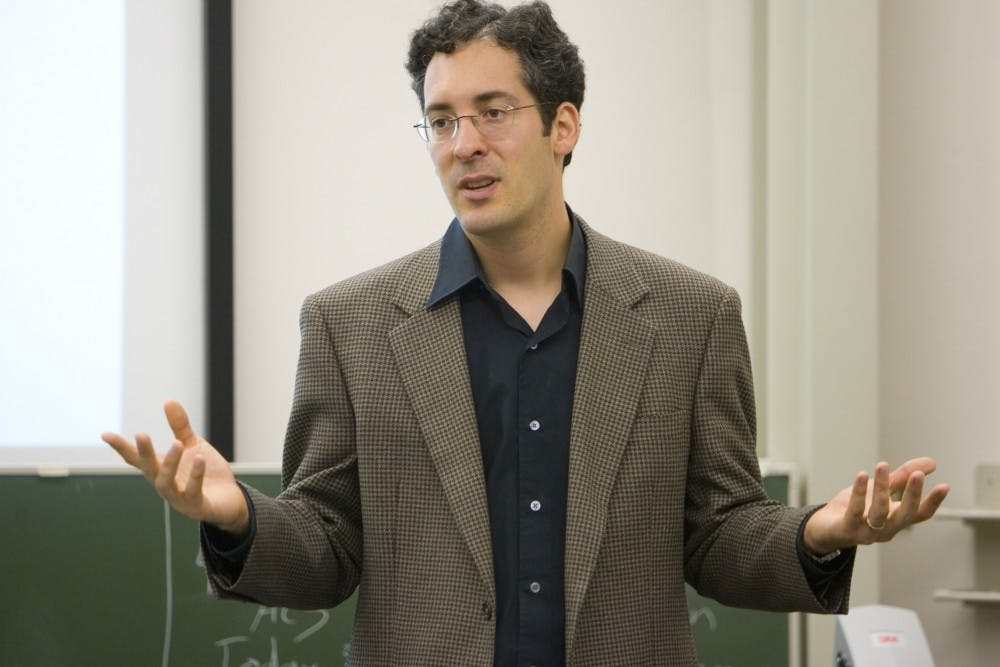University Law Prof. Brandon Garrett has written a book based on his research on the first 250 court cases of wrongfully convicted U.S. citizens who eventually were exonerated by DNA evidence.
"I have been looking at this problem for some time, starting when I first started teaching at U.Va. Law School," Garrett said. "This book is a culmination of many years of work." Garrett added that he has examined exonerations that occurred between 1989 and 2009, when the 250th occurred.
In his book, he addresses improper forensic analysis, false confessions and eyewitness misidentifications, he said. "First it's important to understand what we can learn from these wrongful convictions," he said. "Are there problems that we should still care about?"
The answer to that question is yes and the problems are certainly fixable, said University Law Prof. Larry Walker. "Yes, they are fixable if we know what the problems are and that is the real contribution," Walker said. "[Garrett] has identified in a systemic way where the problems exist and they can be fixed. This is a very important piece of work."
Garrett said there are many problems that easily could be fixed but the practices to do so have not yet been adopted. "We still do not videotape interrogations in the state of Virginia," he said, noting that this is among the foremost problems.
Deirdre Enright, director of the Innocence Project at the University, elaborated on a flaw of the interrogation process.
"False confessions are very common; one of the common things that is not known is that the police are allowed to lie," Enright said. "It is a hard one for people to accept."
Garrett also explored crucial problems with eyewitness identification. He said he examined how police departments were encouraged to improve their practices five years ago, adding that it seems they have gone in the "wrong direction." He said some departments do not have any written procedures as to how to conduct a proper eyewitness identification and added that misidentification potentially could be avoided if the line up was double-blind - when neither the witness nor the administrator know who the suspect is.
"Police departments have responded," Garrett said. "But it is really piecemeal. There is no federal legislation yet. Some places have responded and some haven't."
Walker said this research is extremely important to the future of the criminal justice system, however.
"I think the book and the findings are truly remarkable and likely to become one of the most important documents on the American criminal law process," Walker said. "[Garrett] has taken time to study trial transcripts 250 cases where a mistake was made, an extraordinary mistake. He identified what went wrong."
The book is scheduled to come out in the first week of April.







